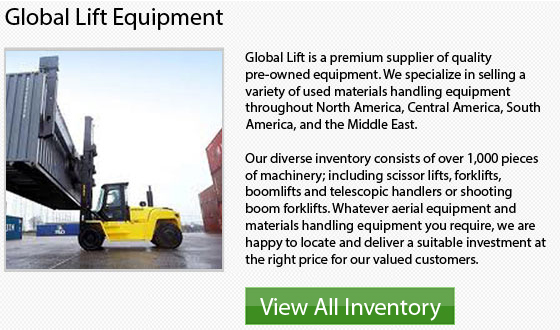
The lift truck is amongst the most widely utilized and helpful machines found operating in businesses and construction sites. This heavy industrial equipment is capable of lifting or carrying heavy cargo and making work around the site happen efficiently and easily. There is particular training required in order for the equipment to be able to be used safely. This training is highly regulated and operators need to acquire proper certification in order to be able to legally operate the equipment.
The lift truck takes a little getting used to while drive, because this machinery has a center of balance different from most other vehicles. The center of gravity can vary depending on the weight and size of the load being lifted. These equipment are steered from the rear wheels. Initially, this makes the unit quite tricky to use. The majority of businesses are required to have training classes to be able to teach operation and safety guidelines for this specific machinery.
The safety guidelines begin with having the operator of the forklift do a visual assessment of the tires, the forks, the overhead guard and the hydraulics. Moreover, walking around the machinery to inspect for any leaking fluid prior to getting in is also a good idea. The safety bars are used for climbing into the equipment in a supported manner. Once the seatbelt has been firmly fastened and all the lights, horn, gauges and alarms have been inspected and the mirrors adjusted if necessary, the equipment is ready to be fired up and utilized for the duration of its shift.
Once the truck has been inspected, begin moving at a low speed and be constantly on the guard for any pedestrians around you. When you come to a turn, slow down even more, start turning the steering smoothly so as to prevent any tipping over. If the machine does begin to tip over, be certain never to try and jump out of the lift as you can potentially end up being crushed by the equipment. The fact is, you would be better off and safer to go through a roll over situation strapped safely in the equipment.